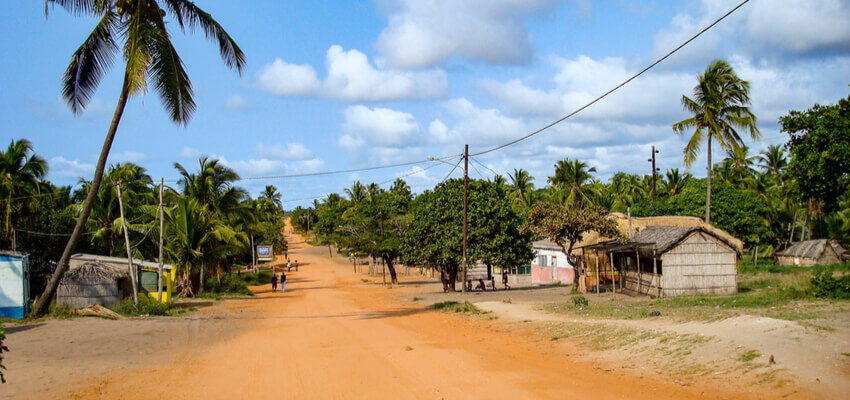Islamic State attack disrupt oil and gas construction operations in Mozambique
Mozambique, Palma: Military action by Islamic State (ISIS) insurgents and their attack on Palma displaced thousands of people.

Image for illustration purposes
Mozambique, Palma: Military action by Islamic State (ISIS) insurgents and their attack on Palma displaced thousands of people.
The town is located in the Cabo Delgado province in northern Mozambique.
This military action is expected to negatively impact on the oil and gas exploration and refinery construction operations in this Southern African country.
Large deposits of liquid natural gas (LNG) had been discovered in northern Mozambique in 2010 and 2011. It is estimated that the offshore gas reserves range from 50 to 100 trillion cubic feet (tcf) in depths of 1000 to 3000 m.
The oil and gas exploration and refinery development investment are estimated to be in the region of $60 B and is reported be the biggest single investment in oil exploration and development in the Southern Africa region. The investment amount exceeds the GDP of Mozambique multiple times.
This news held the promise of substantial economic development in Mozambique and in particular the province of Cabo Delgado and the Afungi peninsula. A region which up to recently had been known more for its pristine coast, white beaches, tropical forests and expensive island resorts and less for its impoverished and illiterate local communities.
The main investors are reported to be the French oil and gas company Total, the American Anadarko Petroleum Corporation and the Italian ENI.
It is reported that Al Sunnah wa Jama’ah (ASWJ), a militant rebel faction which is reported to have links to Al Shabaab and ISIS undertook the attack on Palma. They have been active in the province of Cabo Delgado since 2017 but have since increased their efforts to destabilise the region. The destabilizing activities reached a new peak with an attack on the town of Palma. Thousands of Mozambican citizens are reported displaced, missing and the military attack on Pemba has resulted in a yet undisclosed death toll.
Security commentators within the South Africa community indicate that this was a concerted effort to target the international oil and gas exploration operations and draw international attention to the conflict in Mozambique. There is the fear that this may spread to other neighbouring countries where oil and gas deposits have also been discovered. This includes Namibia, South Africa and Angola.
Oil and gas deposits discovered in Namibia in 2012, are estimated to be in the region of some 11 billion barrels a year. In the South African Karoo, a similar discovery is expected to exceed 400 tcf if developed.
Nigeria is the largest oil producer in Africa. In 2019 Nigerian oil production amounted to around 101.4 million metric tons. Angola, in the same year, produced some 69.1 million metric tons.
The discovery of the gas deposits in Mozambique boded well for the oil and gas construction and related service companies in South Africa. The construction of a refinery by the French energy giant, Total is reportedly well advanced. Production had been scheduled to commence in 2023.
The developments also held substantial promise for the transformer industry in Southern Africa. WEG and SGB Smit invested and acquired transformer factories in South Africa in recent years.
In political circles the ability to curtail the destabilizing activities of the radical Islamic organization in Mozambique is clearly of concern. It is already clear that this is a matter that will not only require the intervention of the Mozambican authorities but also the Southern African Development Community (SADC). SACD met in this regard in last week to discuss the events and the needs of the Mozambique government.
The long-term impact of the recent events is still uncertain and will largely depend on a combination of government intervention, the success thereof and the response of the international business community thereupon.
In the short term it is not expected to impact on oil prices in any way. None of the facilities are operational. However, Total evacuated their staff from the area. It is unclear when they will return whilst ExxonMobil is reported to have delayed its final investment decision on Mozambique.
Author: Chris Gerber
*The opinions expressed in this article are those of the author and they do not necessarily reflect the opinions or views of the Transformers Magazine and Merit Media Int.




